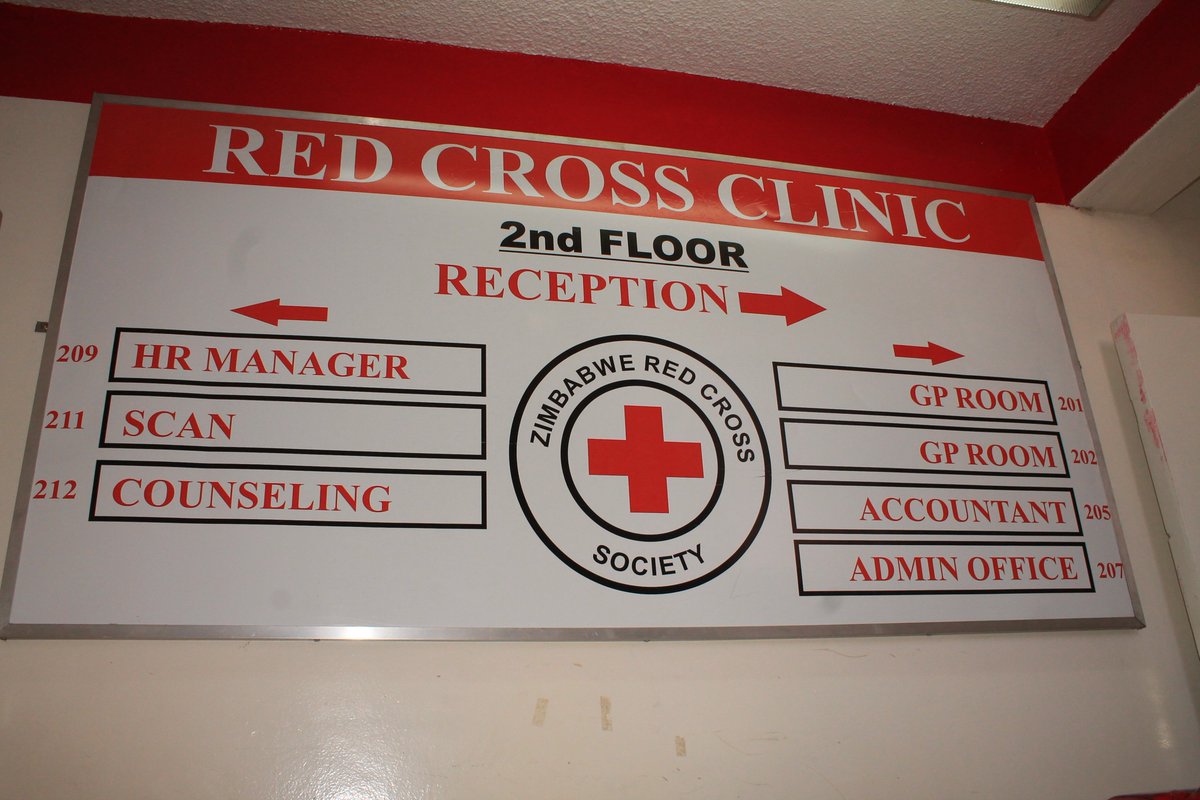WITH armed conflicts, disasters and migration on the rise each passing year in Africa leading to separation of numerous families, the Zimbabwe Red Cross Society (ZRCS) has stepped up efforts to reunite families in different parts of the country.
Under the programme, Restoring Family Links (RFL), the Red Cross is helping to keep families together and reunite those who were separated by humanitarian crises.
Speaking during one of their tours at the Plumtree Border Post on Saturday, ZRCS secretary-general Elias Hwenga said there were several vulnerable populations.
“As part of the global Red Cross Movement, the ZRCS continues to offer the RFL programme which seeks to prevent family separation, restore and maintain family contact, reunite families and clarify the fate of missing persons by offering the following services for free Red Cross messages, Wi-Fi services, tracing of loved ones, phone call services, trace the face, RedSafe mobile app and phone charging.
“Whilst humanitarian needs to continue to outgrow available resources, we continue exploring and appealing to individuals, corporates and organisations to partner with us so that we continue to provide this important service and many others to the vulnerable populations,” Hwenga said.
At the Plumtree border post, Hwenga said volunteers deployed there handle between 40 and 70 migrants per day who they assist with their RFL services.
“If the contact details and exact location of the sought person are not known, the ZRCS can open a formal tracing request for the family member, provided they have given sufficient information. In this case, the ZRCS will try to conduct an active trace for the missing relative’s whereabouts.
“Trace the face is a free, online tool to help reconnect family members who have lost contact due to migration. The Trace the Face website contains a vast photo gallery of people over the age of 18 who are looking for their relatives. People from around the world can see their photos,” he said.
Also on offer is the RedSafe facility which Hwenga said was a digital humanitarian platform piloted in Zimbabwe.
“The website and mobile application provide safe and secure services for people affected by conflict, migration and other humanitarian crises. RedSafe’s Information as Aid service gives access to trusted and reliable information regarding humanitarian assistance and protective measures.”
Zimbabwe hosts over 15 000 refugees and asylum seekers housed mainly at Tongogara Refugee Camp in Manicaland who are mostly political and civil unrest refugees.
Hwenga said it is during their bid to escape that they face various challenges along the way, in the process losing contact with their beloved ones.
“The country is also a major migrant-sending country to South Africa as well as a corridor for migrants in transit. Along the journey, many migrants lose their lives or involuntarily lose contact with their families and disappear without a trace.
“The family members who are left behind are deeply affected. Migrants and their families are among the main beneficiaries of RFL services offered by ZRCS,” Hwenga explained.

